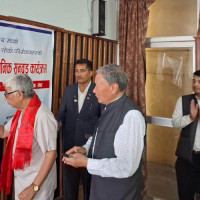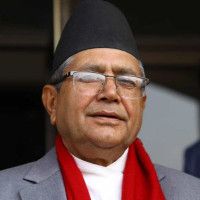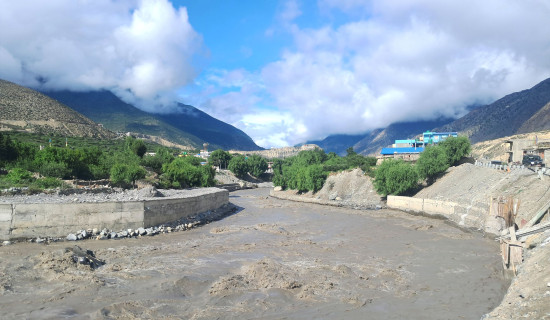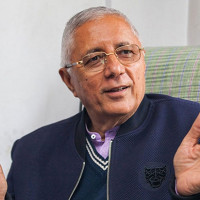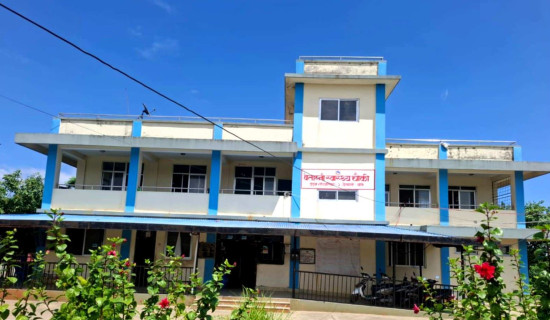- Tuesday, 1 July 2025
Combating Drug Abuse
Drug addiction is an alarming public health and social issue, affecting individuals, families and society as a whole. Studies show that youth from the age group 15 to 25 typically fall victim to substance abuse. Curiosity, peer pressure and inability to deal with the everyday pressure of life, and an urge for a sudden dopamine rush, often lead people to addiction. Drug abuse affects the physical, social and economic well-being of not only the individual but of the country as well.
The age from 15 to 25 is a formative period in a person's life. It’s a time to gain skills, knowledge and academic excellence. The future of a country depends upon the vision and creative strength of youths but when the same youth get addicted to substance abuse, it has a detrimental impact on the health of the nation. As per a study, in the last five years, drug trafficking has surged by 10 per cent. In the last 10 months of the current fiscal year, 6252 drug traffickers have been arrested, among them 257 are foreign nationals, which highlights the severity and the gravity of the situation. Drug addiction leads to depression, insomnia, paranoia, anxiety, hallucinations, etc. It also leads to liver failure, kidney damage and cardiovascular disease. Likewise, sharing the same syringe leads to diseases like HIV-AIDS and hepatitis. In addition to detrimental effects on health, addiction leads to violence and crime.
A coordinated action and collaboration among all concerned stakeholders is a must to control drug trafficking and drug addiction. The world is marking International Day against Drug Abuse on June 26 with the slogan “Breaking the Chains: Prevention, Treatment, and Recovery for All!” The slogan focuses on community support, healthcare access, and the need for global solidarity in addressing drug abuse and illicit trafficking. In this regard, Minister for Home Affairs, Ramesh Lekhak, said that a united national response is imperative as drug abuse often lies at the root of suicides, road accidents and cybercrimes.
To control drug abuse, the control of drug trafficking is equally important. The open border often makes us vulnerable to drug trafficking. The problem is further intensified by the lack of awareness against drugs and substance abuse, limited access to treatment and rehabilitation facilities, and the social stigma attached to it makes it difficult for the person to rehabilitate in society and come back to normal life after giving up addiction.
Government, civil society and national and international organisations should collaborate to combat drug addiction and trafficking. Strengthening law enforcement to crack down on drug trafficking networks is equally important to combat drug addiction. Likewise, educating communities about the danger of drug addiction through awareness campaigns, rehabilitating a drug abuser back into society is another challenge. Likewise, the person should be provided vocational training and education so that they can earn a livelihood after they renounce addiction. At the same time, emotional and social healing through counseling can be beneficial in combating drug addiction.




